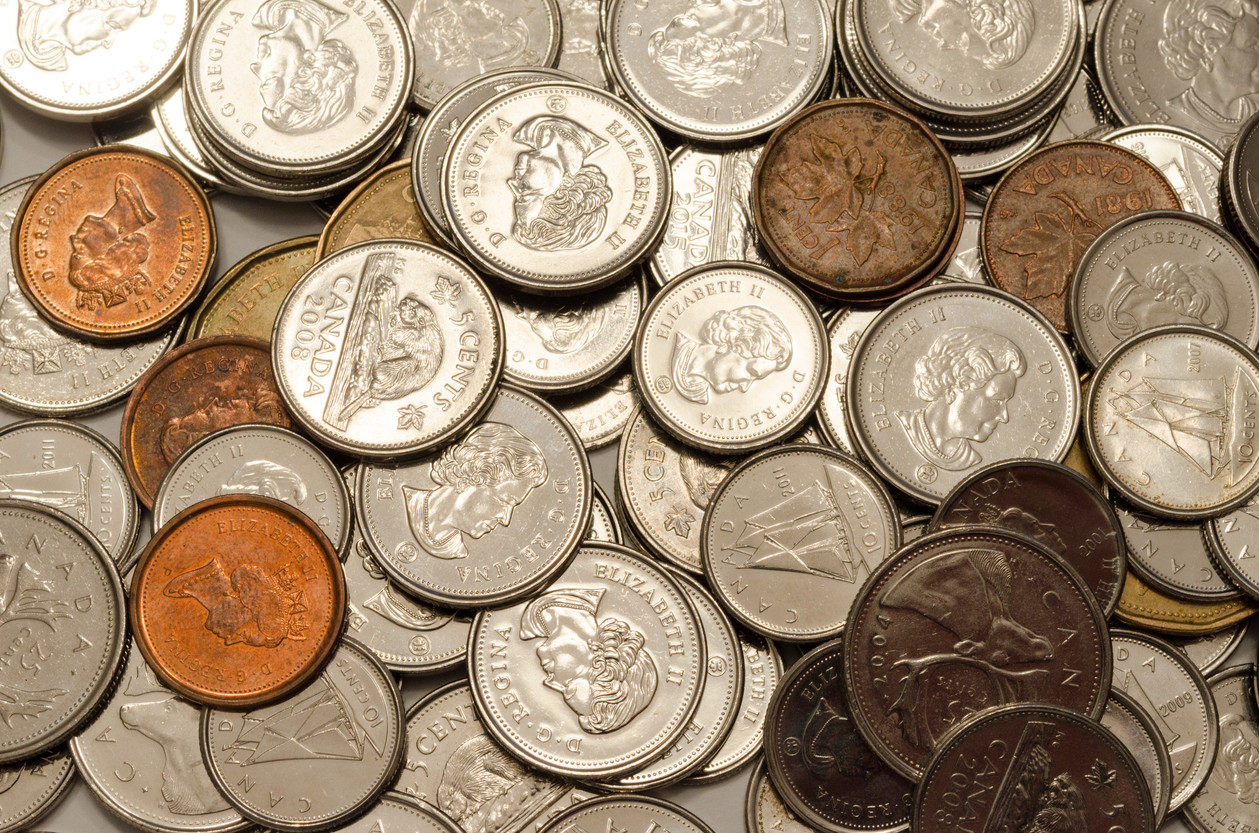In the States, the penny is still alive and well. But in Canada, we’ve said goodbye to the smallest form of currency. And the nickel could be up next. Economists claim that the coin will lose its usefulness due to maintenance costs and its low purchasing power.
The penny disappeared from our economy in 2013, but thanks to a recycling system, the nickel isn’t under as much production pressure as the lone penny once was.
In a future without nickels, purchases will be rounded up to the nearest 10 cents, and more focus would be put on the quarter. We could see the introduction of a 20-cent coin, and the usage of the rare 50-cent coin would increase correspondingly as well.
If you’re wondering if something like this could be successful, New Zealand scrapped their version of the nickel over 10 years ago, and cash payments have flourished more efficiently ever since. While a world without nickels seems a little bizarre, it could ultimately benefit the economy with an inflationary effect, and help out customers with the increase in rounding prices.
Take Tim Horton’s, for instance, who sells over two billion coffees a year. If we start to round to the nearest 10-cent mark as opposed to the five-cent mark, their coffee revenue would face staggering increases that are hard to deny.
But on the other side, people are criticizing the fact that the economy is still dealing with the issues of the penny and the round off, which they think should have been dealt with by now.
Some think the focus should be placed making the takeover electronic transactions such as Interact cheaper, and more efficient. This would also help small businesses thrive and save on transaction costs.
Additionally, lost or stolen cash is much more complicated to deal with that one that’s stored in a safe system and protects you from fraud. So shall we all just avoid all the drama and pay with a simple tap of our debit and credit cards? Do you agree with the economists, or should we hold on to our beloved nickel?


